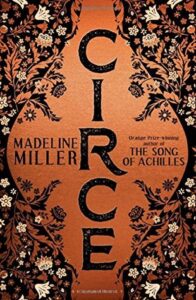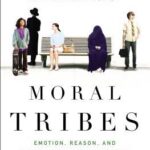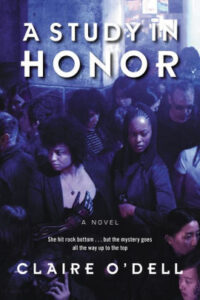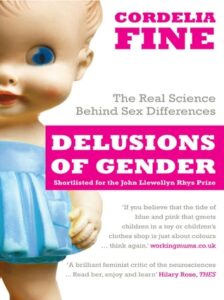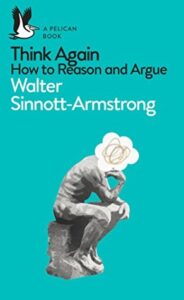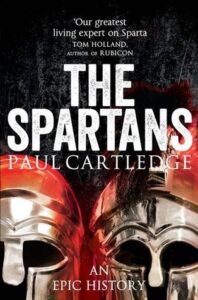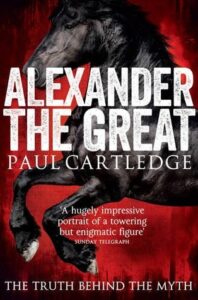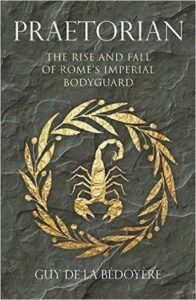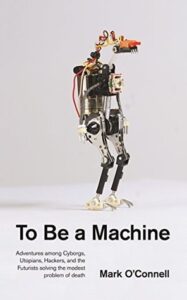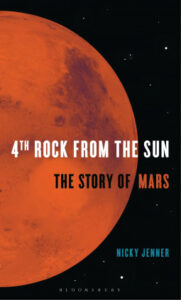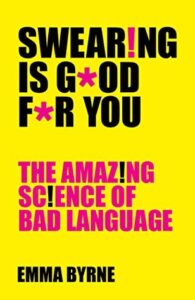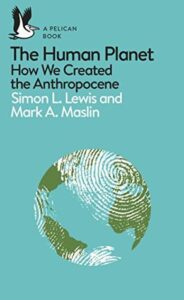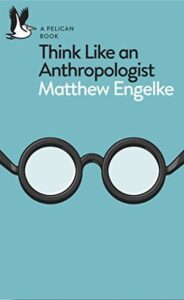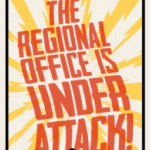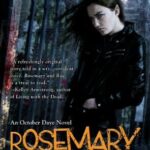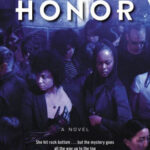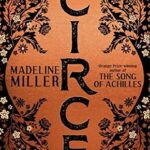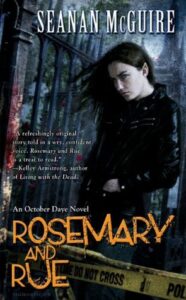 Rosemary & Rue, Seanan McGuire
Rosemary & Rue, Seanan McGuire
I’ve been meaning to reread this for a while, but after persuading my wife to read it and watching her tear through the series, I was ready to jump back in. It’s definitely a fascinating world, weaving together all sorts of fairy lore, and while Toby is stubborn and pigheaded — and ugh, how did she ever trust and sleep with that one particular person? All the warning signs are there in freakin’ neon — she’s also someone who cares, has her own sense of honour and duty, and is willing to do whatever necessary to abide by her promises and obligations.
It’s also interesting seeing the little hints here at the beginning for things revealed in later books: there’s a lot about Toby that just isn’t revealed here, even though when you look at retrospect, there were clues.
I’d forgotten some aspects of the books — like the Luideag’s rather unexpected appearance and attitude — so the refresher was definitely needed. I think An Artificial Night is a better book (I think that’s the third?), but I wouldn’t recommend skipping this one. If you’re not into the style of this one, you probably won’t want to try the other books anyway, as Toby’s voice is much the same (albeit she rolls with the changes in some ways and updates her viewpoints).

